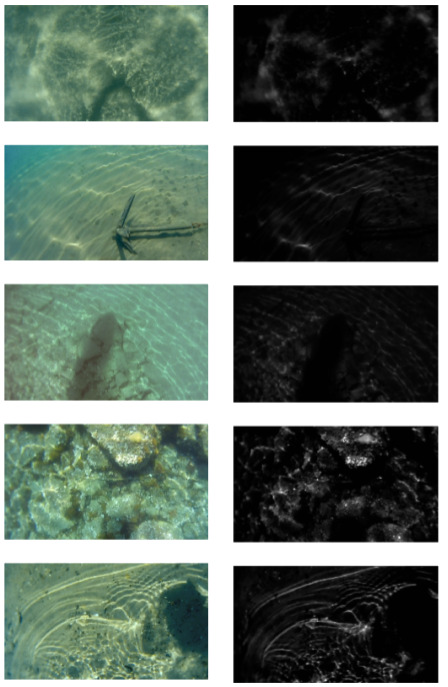ISPRS Technical Commission II Symposium, 2018 - Underwater Photogrammetry in Very Shallow Waters: Caustics Effect Removal and Main Challenges

The Photogrammetric Vision lab of the Cyprus University of Technology will be presenting the joint work “Underwater Photogrammetry in Very Shallow Waters: Caustics Effect Removal and Main Challenges” at the ISPRS Technical Commission II Symposium, 2018. This work was done in collaboration with the ICT lab, and the Lab. of Photogrammetry of the National Technical University of Athens, and is co-authored with P. Agrafiotis, D. Skarlatos, T. Forbes, C. Poullis, M. Skamantzari, A. Georgopoulos.
Abstract:
In this paper, main challenges of underwater photogrammetry in shallow waters are described and analysed. The very short camera to object distance in such cases, as well as buoyancy issues, wave effects and turbidity of the waters are challenges to be resolved. Additionally, the major challenge of all, caustics, is addressed by a new approach for caustics removal (Forbes et al., 2018) which is applied in order to investigate its performance in terms of SfM-MVS and 3D reconstruction results. In the proposed approach the complex problem of removing caustics effects is addressed by classifying and then removing them from the images. We propose and test a novel solution based on two small and easily trainable Convolutional Neural Networks (CNNs). Real ground truth for caustics is not easily available. We show how a small set of synthetic data can be used to train the network and later transfer the le arning to real data with robustness to intra-class variation. The proposed solution results in caustic-free images which can be further used for other tasks as may be needed.
